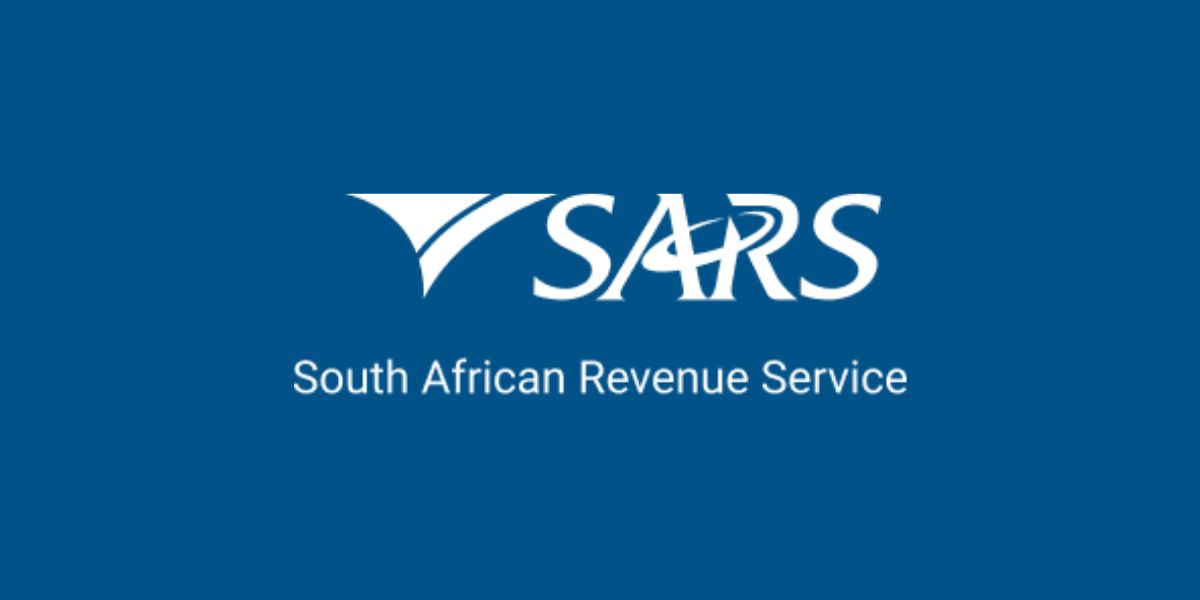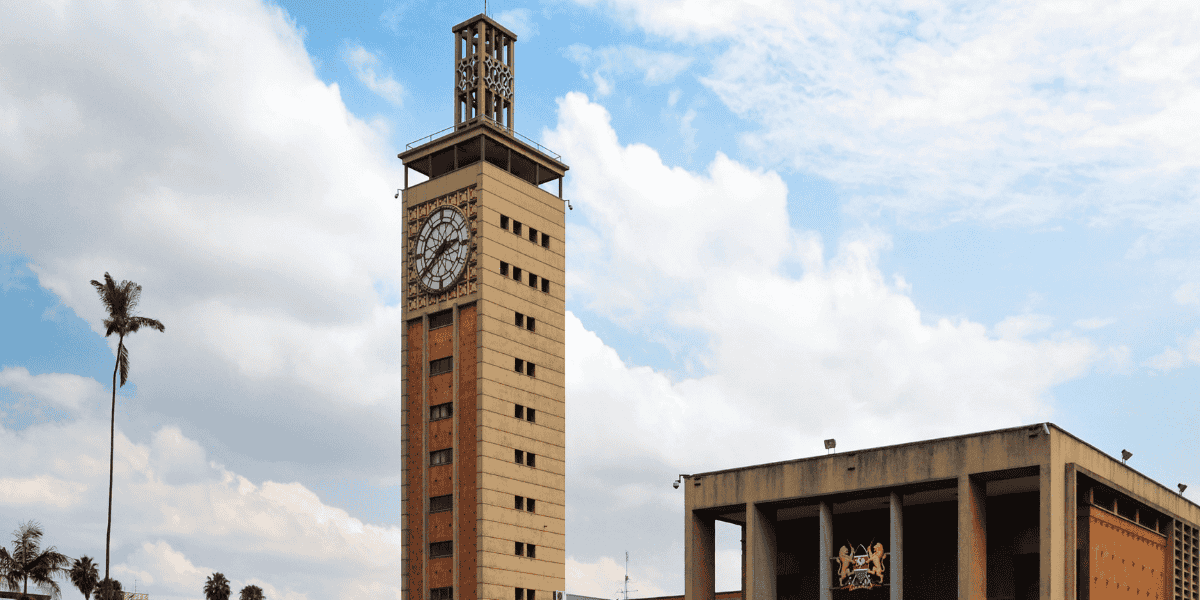On 1 October 2021 the second day of the Third World Bank Tax Conference looked at the practical implementation of new tax instruments.
Sugar tax in South Africa
The sugar-sweetened beverage tax in South Africa was first announced in the 2016 budget. A public consultation followed. Comments were received and there was significant lobbying from the industry. The tax applies for beverages with added caloric sweeteners, e.g. fruit juice concentrates.
Exemptions include 100% fruit or vegetable juice; unsweetened milk and milk products. An exemption also applies to the first 4 grams in each 100 ml. This was the result of a compromise during the consultation process.
Industry consultants hired by lobbyists suggested there would be a significant impact in terms of reduced volumes and job losses. The Treasury also obtained data concerning the impact on sales and jobs; and estimated a 12% to 15% decline in volumes. A scientific evaluation in May 2021 estimated that 28% fewer sugary drinks were purchased. Per person there was a decline in consumption of sugary drinks from 519 ml per day to 443 ml per day.
Conclusions that can be drawn from the experience with the sugar-sweetened beverage tax are that a tax can address negative externalities, but taxes alone are not always sufficient. Regulations and education are also important in achieving the required objectives. Public consultation is important. However, lobbying from industry can be very intensive and the government must be prepared with the knowledge and skills to deal with the lobbying.
The tax must have a clear objective – more tax revenue cannot be the main aim. To maintain the objectives of the tax, the rates must be adjusted for inflation as required. If the tax revenues begin to decline however this may be a sign that the tax is achieving its objective in terms of reducing consumption.
Gambling and betting tax in Ghana
Ghana’s Covid-19 Alleviation and Revitalisation of Enterprises Support (CARES) project requires funding, so the government needed to identify new tax policy or administrative areas for raising new revenue or increase existing revenue. The gambling and betting industry has revenue potential.
Electronic and digital gaming are replacing traditional casinos. The Casino Revenue Tax is outdated due to online betting, as it was designed to apply to physical locations. However, taxing an online industry presents difficulties.
Consideration needs to be given to the correct means of taxing betting and gaming, by an income tax, value added tax (VAT), excise tax or a levy on total revenue. Even when the law is passed, the correct collection procedures still need to be put in place. Efficient procedures are required for implementing the tax on the correct scale. There is a problem with enforcing compliance in an online industry, and with enforcing tax on non-residents.
Kenya – Digital Service Tax (DST)
Kenya has introduced a tax covering social media platforms; search engines; online advertising; and online marketplaces. There has been coordination between the Kenya Revenue Authority (KRA) and the taxpayers in relation to registration for the tax.
There has been a concern that the tax could stifle economic development in the sector, and for that reason residents were removed from the obligation to pay the tax by the Finance Act 2021. The tax therefore applies only to non-residents.
The DST is to be kept in place until the Inclusive Framework reaches final agreement and implements an international solution.
Carbon tax in Argentina
The carbon tax in Argentina was introduced without much scope for public consultation or lobbying. Congress was concerned about the social impact of the tax and agreed a relatively low rate of tax.
Argentina’s investment climate is uncertain and for this reason certain important sectors were exempted from the carbon tax, including natural gas; LPG; jet fuel; and bunker. This avoided potential conflict on these sectors and potential conflict between the government and the provinces.















